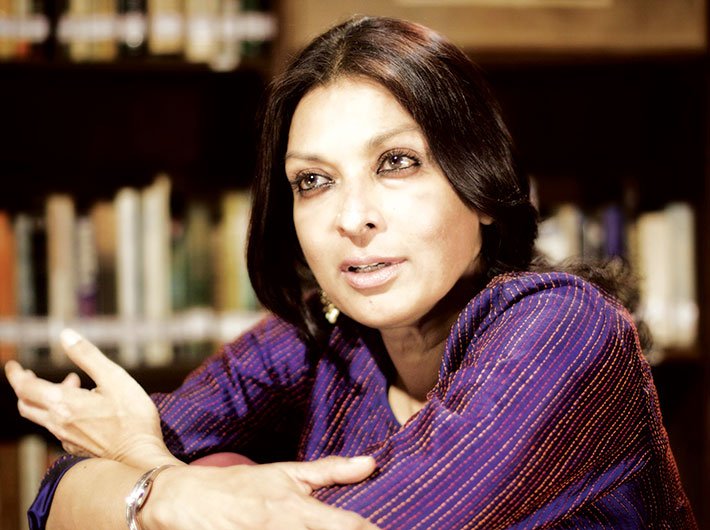Like several other members of her illustrious family, Mallika Sarabhai has excelled in more than one field.Daughter of renowned classical danseuse and activist Mrinalini Sarabhai and legendary space scientist and institution-builder Vikram Sarabhai, Mallika is a leading Bharatanatyam and Kuchipudi dancer, choreographer and acclaimed actress on stage and in films, publisher, mediaperson, and social-political activist. Her portrayal of Draupadi in British director Peter Brook’s play The Mahabharata was appreciated worldwide. She was conferred the Sangeet Natak Akademi award for creative dance in 2000 and Padma Bhushan in 2010 for her contribution in the field of arts.
How would you describe yourself?
I actually leave that to others as I have no need to define myself and thus confine myself to neatly labelled boxes.
How have your parents influenced or inspired you?
They have inspired me in every way; amma, in her aesthetics and in her power to transform ideas through art forms and papa, in his true devotion to the last Indian and a multi-, plural, just and humane idea of India.
How did you turn from being a creative artist to being a social activist?
I didn’t turn into one from the other. Through amma’s work, my experience in the world over and playing Draupadi with Peter Brook, I realised the power of the arts to shift mindsets. And there are a lot of mindsets that I believe need drastic shifts!
You have done a number of programmes such the Fatehpur Model village project and JAGRUTI. How has been your experience of working with rural communities of Gujarat?
We [Darpana] have worked in rural and urban communities in many parts of the country on subjects ranging from the need to act healthy, to stopping violence against women to saving our earth. If you create a riveting performance or video, people will watch. And if they stay to watch, the thought you leave them with will lodge in their minds. That is the first step towards changing minds.
You contested the Gandhinagar Lok Sabha seat in 2009. How was your experience in politics?
The experience was deeply moving and empowering. Seeing the truly wretched state of people who are supposed to be recipients of ‘development’ and seeing at first-hand how craven the officials were, was an eye-opener even for someone as aware as I like to be. I realised that it is impossible to win as an independent if one wants to be open and totally honest. The parties play really dirty and rough.
Which are the governance issues that need more urgent attention?
We have so many issues that pinpointing a single one is difficult. But the total lack of accountability from officials and the super rich ranks is high and leads to anger, distrust, cynicism and violence.
How would you define women empowerment?
An empowered woman neither defines herself by her gender nor limits her thoughts, choices or action because of her gender.
What would you say to the next generation?
You are probably living a life scripted by your parents, family or community. Have the courage to script your life and then live it.
As told to Yoshika Sangal
(The interview appears in June 16-30, 2016 issue of Governance Now)

